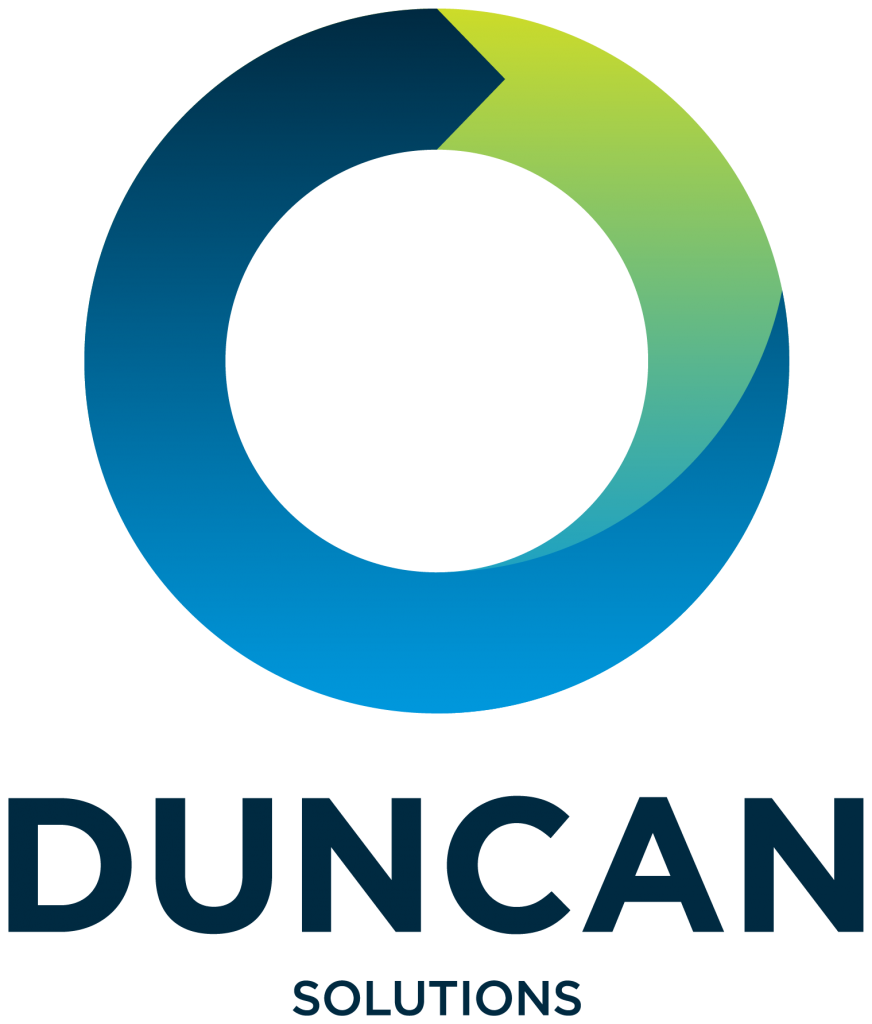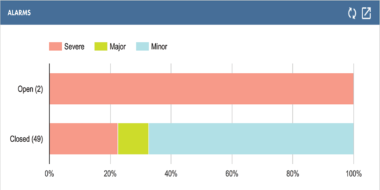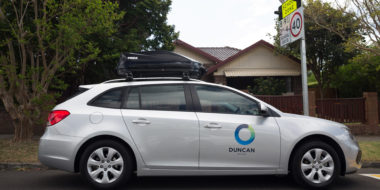

The digital age is here to stay. Industries across Australia are being transformed from the inside out as new technologies come into play, reforming the way businesses do business and how consumers consume. Technology in car park management is no different.
Parking technology is more than just miniature printers, it's now an interconnected mesh of communicating devices.
With the Australian Bureau of Statistics showing there are over 18 million motor vehicles in Australia, technology offers parking management a number of benefits. From higher turnover to more efficient processes, as well as a much smaller carbon footprint, the future of car park management is no doubt digital. To help, we have compiled a list of four technology trends we believe will be transformational in 2017.
Trend 1: Internet of Things
The Internet of Things (IoT) continues to be the main talking point for tech geeks and business leaders alike. While you may be thinking such a talked-about trend is a little boring, the IoT tops the charts due to its potential to continue disrupting industries all over the globe.
Basically, IoT is a name given to a network of connected devices, sensors and other physical objects that speak to each other, sharing information between one another. While IoT technology in parking has been in use before, it's only becoming more popular. With the benefits it offers both public and street parking, its popularity will only increase.
Researchers from Rutgers University, for example, found sensor-based information systems, such as parking and traffic alerts, can actually reduce greenhouse gas emissions. For parking vendors and road management, it can also help turnover and reduce resource waste.
Trend 2: Cashless payments
Cash is in the twilight of its operational history. While money is obviously still important, the shift to ones and zeros is fast becoming the norm. Cashless payment systems add customer value by reducing the delays and inconveniences patrons face when they deal with cash.
Contactless methods, such as chip-enabled credit cards, are becoming more common, with many systems pairing this with RFID technologies as part of automated vehicle identification systems.

Trend 3: Big Data
Since the advent of the digital age, there has been a huge increase in the amount of data created by devices and machines. In recent years, this data has been leveraged to maximise business decisions and offer insights into consumer behaviour.
Big Data offers parking management systems a key insight into the performance of parking processes. Smart systems that can harness the power of Big Data eliminate the need for spreadsheets and high human attention; instead, operators have access to sophisticated analytics, which can maximise productivity and optimise rates and profitability.
Trend 4: Automation
The rise of automation offers businesses a clear and effective way of freeing up resources and allowing employees to focus on core talks aligned with business objectives. Algorithms and machines can forecast and execute actions against a defined set of rules in order to carry out everyday processes. Take for instance Amazon's fleet of 30,000 Kiba robots, which sort and fetch products for delivery in more than ten Amazon centres
The lessons learned in manufacturing and retail are currently being applied to parking management. Automated cars and other machines can now patrol parking spaces, databasing and indexing cars and alerting parking enforcement officials of any overstayers.
Technology continues to make huge improvements to lot turnover and the efficiency of management processes. With contactless payment methods and RFID technologies offering customers advantages offer conventional payment methods, consumers also have access to additional value.
Yet with the fast pace of technology, having a parking system that can harmonise with third party devices is essential. If you are interested in learning more about how car parking solutions utilise technology, talk to the experts at Duncan Solutions today.
















